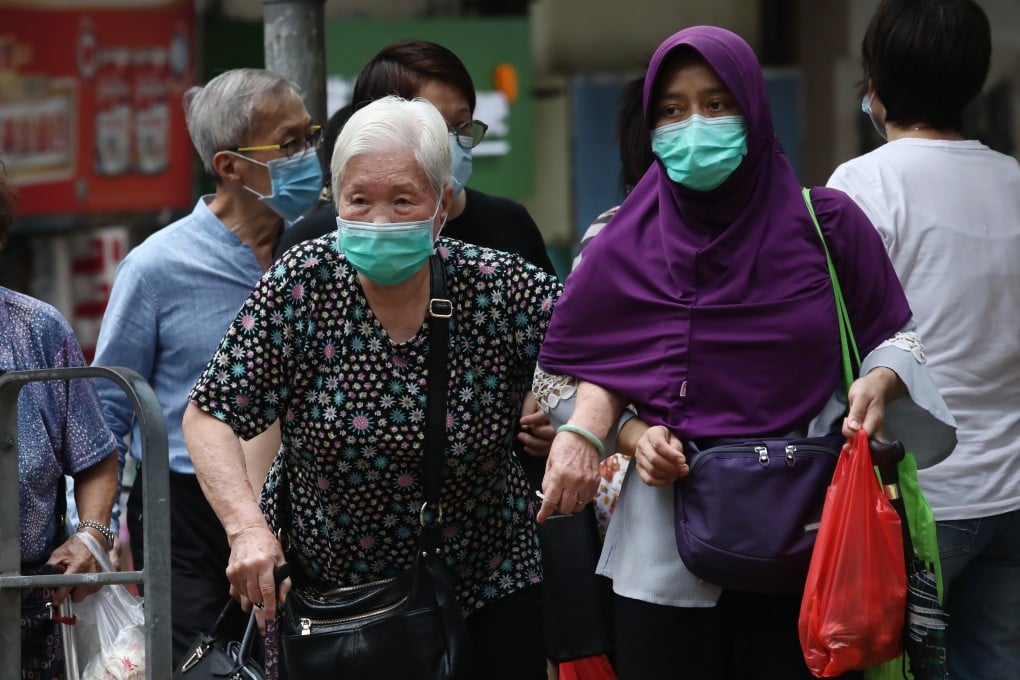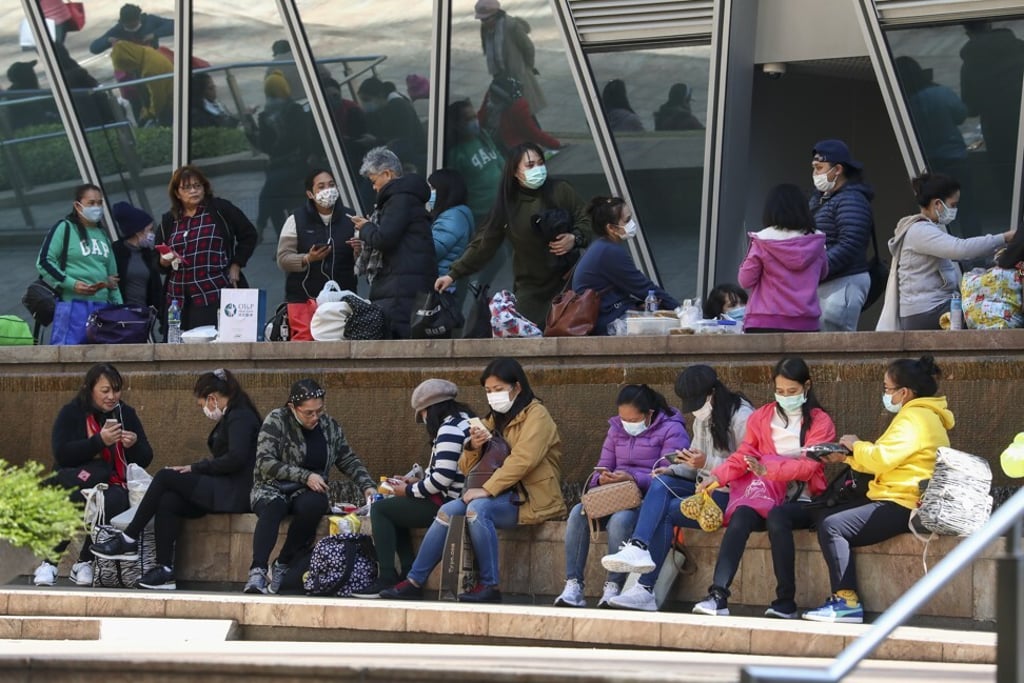As I see it | Hong Kong should take a leaf from Singapore’s alternative to live-in rule for domestic workers
- A Singapore scheme that allows some helpers to be hired by companies instead of household employers offers these workers greater flexibility and labour rights
- Hong Kong should model such an approach. Instead of forcing domestic workers to live with their bosses, both parties should be able to reach an agreement that suits them best

Under the programme, which was launched about five years ago but only became permanent in September, women from Myanmar, Sri Lanka, India, Thailand and Cambodia are hired and housed by companies. These firms then assign part-time duties in different households, including cleaning.
Women previously interviewed by This Week in Asia said the scheme meant better pay, more regular working hours, enhanced labour rights, and increased freedom. The programme, however, is far from perfect and does not allow workers to change jobs or look after children and the elderly.
Hong Kong should look into this example and take it further. Advocates have long supported the idea of allowing migrant workers and employers to choose an arrangement that works the best for both parties, instead of having to comply with a mandatory live-in rule.
This policy, which has been strictly enforced in Hong Kong since April 2003, has further exposed domestic workers to different forms of abuse, including physical violence, having to sleep in cupboards, and being on call for 24 hours.
The unequal power structures of the employer and employee have been mentioned as a fundamental reason for the increased vulnerability of domestic workers when forced to live and work at their employment residence, said Manisha Wijesinghe, executive director of the support group HELP for Domestic Workers.
But such imbalance has become even more troubling over the past two years, during which migrant domestic workers have had to share close quarters with their employers, who themselves were working and studying from home due to the Covid-19 pandemic.

